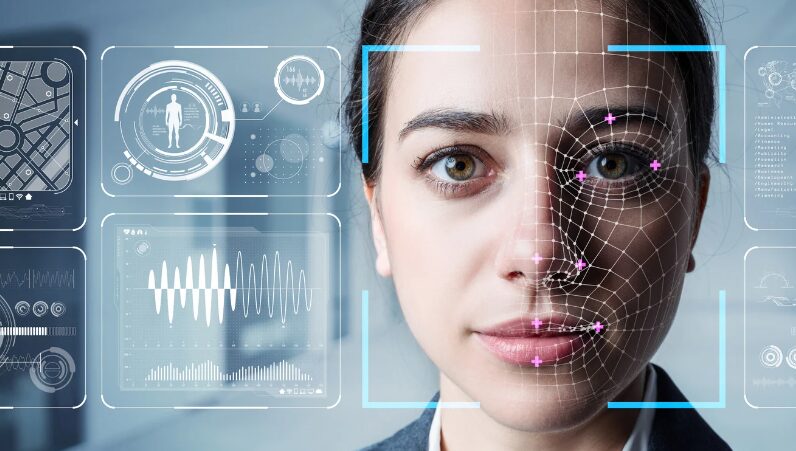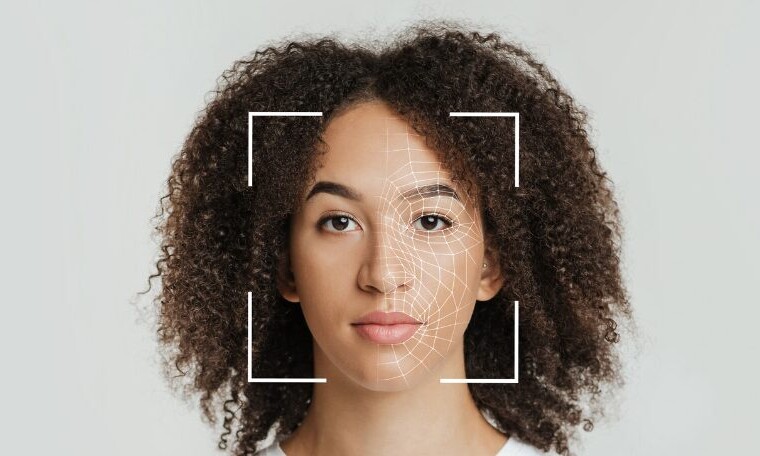Deepfake technology has become a potent tool in the media and communication fields in recent years. It creates and modifies audio and video recordings using cutting-edge artificial intelligence. They are often so convincing that it is difficult to distinguish between an actual thing and a fake. Technology offers enjoyable learning and entertainment experiences. It is similar to the captivating experiences offered by Bizzo Casino. However, it also poses significant hazards and ethical dilemmas. These mostly concern privacy and false information.
Understanding Deepfake Technology
Combining the words “deep learning” with “fake,” deepfake reflects its artificial intelligence foundation in deep learning technology. It picks up human speech and facial expressions. It analyzes numerous photos and recordings to achieve this. Because of this, video producers are able to create films in which people say or do things that they have never done.
The Potential for Misinformation
The implications of deepfake technology are highly concerning. It is capable of producing incredibly realistic false news and misinformation. Technology becomes easier to use and more widely available. However, the risk of using it to sway public opinion, damage reputations, or affect politics is rising. A deepfake video might, for example, portray a well-known person making controversial remarks that they have never said. This could change public opinion or provoke unjustified criticism.

Reputations are at risk from this misuse potential. It poses a threat to democratic societies as well. Misinformation damages people’s faith in the media and establishments. This makes it challenging to engage in thoughtful civic conversations and make truth-based judgments.
Privacy and Consent Issues
Deepfake technology poses severe problems regarding consent and privacy in addition to disinformation. It makes it possible to create content with people who have neither consented to participate nor even realized they are involved. Those who unintentionally appear in deepfakes may face severe personal and professional repercussions as a result of this. They must also deal with the emotional fallout from viewing inaccurate representations of them in popular culture.
For instance, celebrities were uninvited to participate in offensive content by means of deepfake technology. Public uproar and legal disputes resulted from this. These applications of deepfake technology highlight the necessity of stringent regulations. The rights and dignity of people are to be upheld by them.
Ethical Dilemmas and Regulation
Deepfakes present complicated and multidimensional ethical conundrums that need for a fair approach to regulation and enforcement. On the one hand, the right to free speech must be upheld. A vital component of many democracies is this. However, averting the damages brought about by malevolent uses of deepfake technology is imperative.
Globally, regulatory agencies and governments are starting to tackle these issues. For instance, certain states in the US have passed legislation. Creating and disseminating false deepfakes is prohibited by these laws. The fakes are intended to influence votes or do damage. However putting such laws into effect is difficult from a technological standpoint, and they need to be updated often to keep up with new developments in AI.
Navigating the Future of Deepfakes
We have to negotiate deepfake technology going forward. It will be essential to encourage a wide discussion. The public, civil society, tech professionals, and legislators should all be involved. Education campaigns can increase knowledge about deepfakes. They can also impart to others how to recognize them. This may improve people’s ability to evaluate the media they watch.

Furthermore, a crucial field of study is the advancement of technologies for the detection of deepfakes. Schools and tech corporations are experimenting with AI-powered solutions. Their goal is to locate edited videos. The goal is to verify content before it circulates.
To sum up, whereas deepfake technology presents new opportunities for artistic expression, there are serious ethical and societal concerns associated with its misuse. Innovation and ethics must be carefully balanced. Proactive regulations and careful oversight are required. Deepfake technology will surely put the digital era’s standards for truth, privacy, and trust to the test as it develops.


